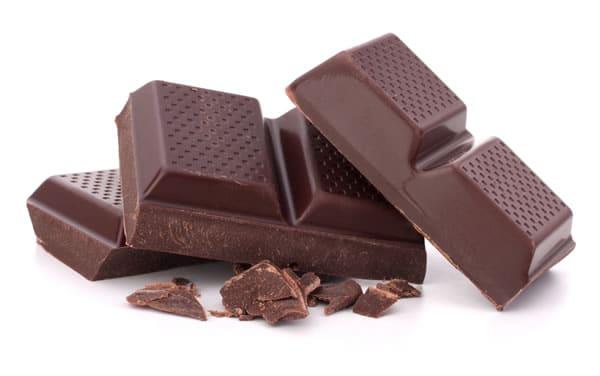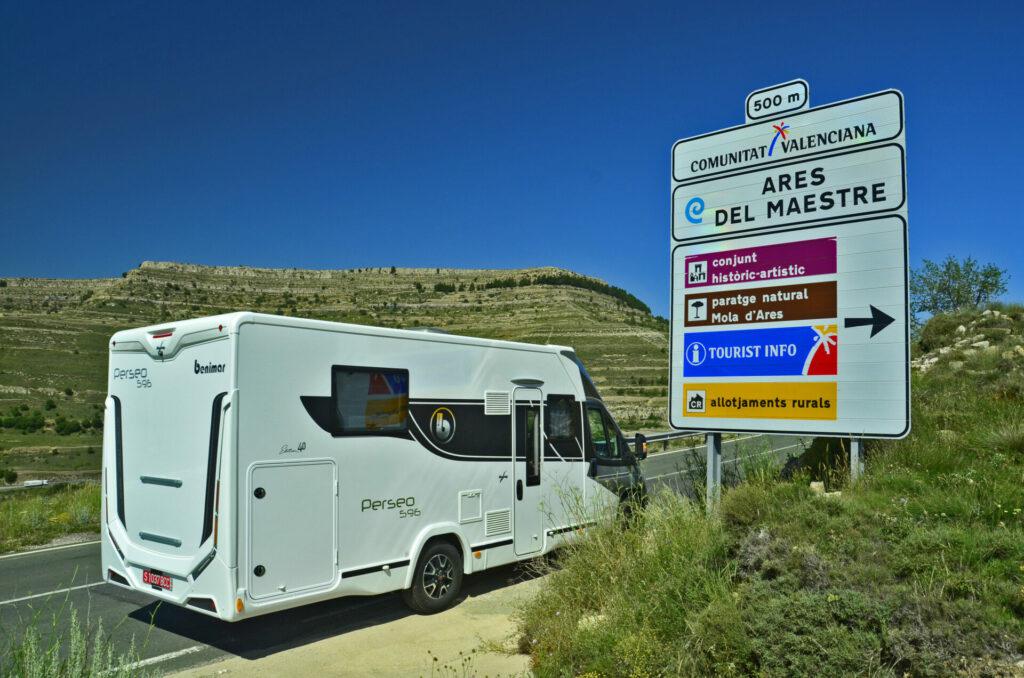Home → fancy clothes → Brexit melts chocola...
Brexit melts chocolate
Global Vision | United Kingdom
The exit from the EU hits the industry squarely, which sinks its sales to the continent and is lost between paperwork and taxes
Raphael Ramos
birmingham
When talking about good chocolate, the adjective "British" is not the first that comes to mind, as is the case with fish and chips or roast beef. One thinks of the Swiss, the Belgian or – if they are connaisseurs – the one from the islands of São Tomé and Príncipe, a small country on the west coast of Africa. But Great Britain, in any case, is the world's ninth largest exporter of the product, with a turnover of over 4,500 million euros per year.

That, unfortunately, was before Brexit, which has changed everything and has turned the sweetest chocolate bitter. The monumental paperwork, customs delays, transport problems and additional fees have meant that, for the time being, almost all sales to the European continent have been liquefied, like when cocoa is diluted in a glass of hot milk. .
Formalities
Shipments of chocolate have been 'lost' for nearly two months before being returned
Small producers – family businesses with one or two dozen workers that have proliferated in recent times manufacturing “ethical”, organic, sugar-free or vegetarian chocolates – are the ones who are suffering the most, to the point of despair.
One of them has resorted to personally traveling with the merchandise in his private car, after a shipment destined for Calais was returned to him seven weeks later after spending all that time by mistake in a warehouse in the port of Rotterdam. Another found that the recipient returned an order worth 10,000 euros because, to receive it, he had to pay almost as much in taxes.
Chocolate is the UK's second largest export in the food sector, after whisky. One of the world's best-known brands is Cadbury, founded in 1824 on Birmingham's Bull Street by a family of Quakers, who in the late 19th century established a 130-hectare model town in the suburb of Bournville with 300 cottages for workers, although without pubs, because their belief did not approve the consumption of alcohol. He is responsible for making a once-luxury product affordable for the British working classes (after World War II it was subjected to strict rationing).
Already in the current century, Cadbury first merged with the multinational Schweppes and was later acquired by Kraft, currently being a subsidiary of Mondelez. Its dimensions allow it to get around Brexit problems with the help of accountants and export agents who take care of the paperwork, avoid the fees and make sure that your chocolate bars, Easter bunnies or heart-shaped boxes for Valentine's Day all raffle. obstacles and reach their destination relatively on time.
read alsoThe United Kingdom closes the Brexit chapter and believes that the EU's rancor for its departure is childish
Raphael RamosThe drama is for small producers like The Chocolate Tree in Edinburgh or The Coco Caravan in the Cotswolds, who lack those resources and have had to stop exporting to the Netherlands, Germany, France or Ireland. Importing the cocoa they need has also become a problem.
Since the implementation of Brexit in January, according to data from the Office for National Statistics, British chocolate exports have fallen by 68%, from 83 to 28 million euros per month. But the reason is not only the exit from the EU but also the pandemic, because the closure of hotels, restaurants, shops and cafes has resulted in a very substantial decrease in demand, as much as people need more than ever to treat themselves and take something sweet to the mouth.
figures
Sales abroad have fallen by 68% per month as a result of the entry into force of Brexit
Cadbury, the British giant in the sector with more than 70,000 workers, has survived all the storms, managed to import cocoa from Africa to England, bought its main national competitor (Fry & Sons, from Bristol), located its factory next to the canal from Birmingham to facilitate transportation, donated chocolate, books and clothing to the army during World War I, in addition to converting part of its facilities into military hospitals, and in World War II it manufactured seats for Royal Air Force fighter planes. Surely it also overcomes Brexit. Small companies have it much more raw.







